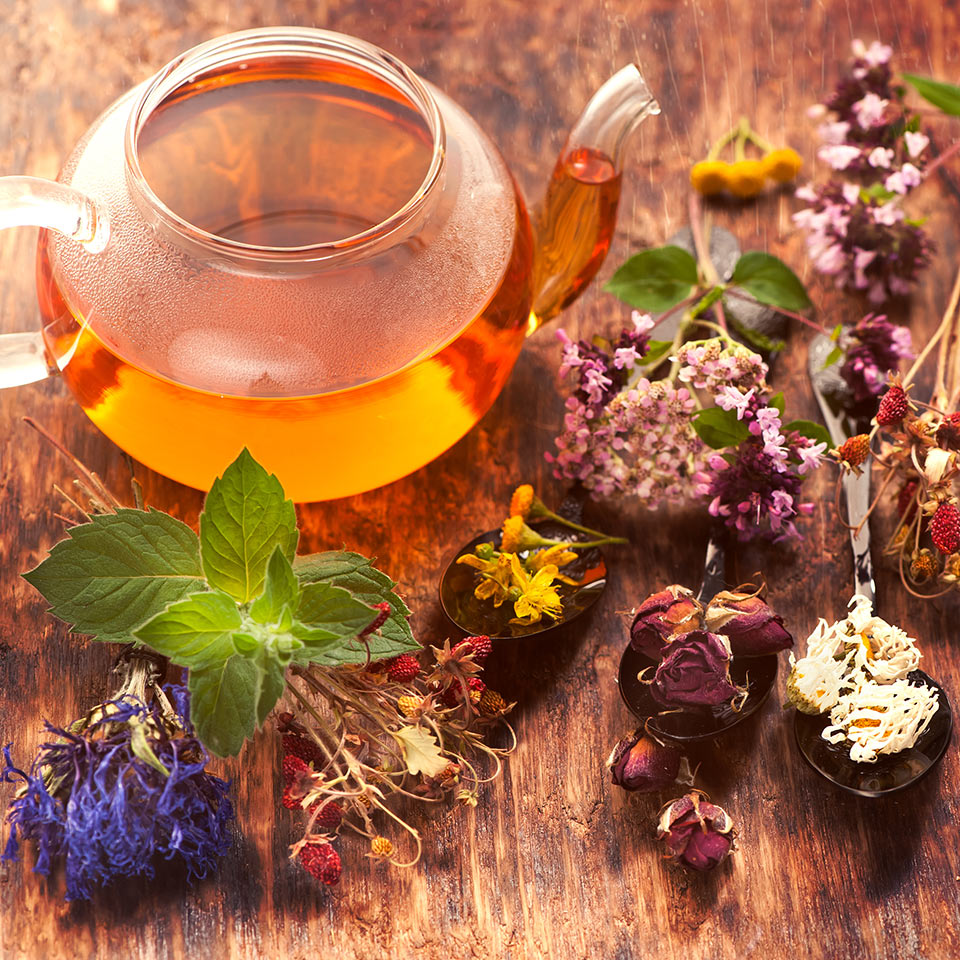
Everyone desires quality sleep at night after a long day of working, checking off household chores on their to-do list, shopping for necessities, and relaxing in front of the TV. Good sleep is necessary for both the brain and the body to relax. However, some of us do not get enough sleep. Are you among them? If so, it’s time to consider these teas to help you sleep better and wake up feeling refreshed.
Here’s a quick guide to the 7 Best Teas to Help You Get Good Sleep.
1. Chamomile Tea
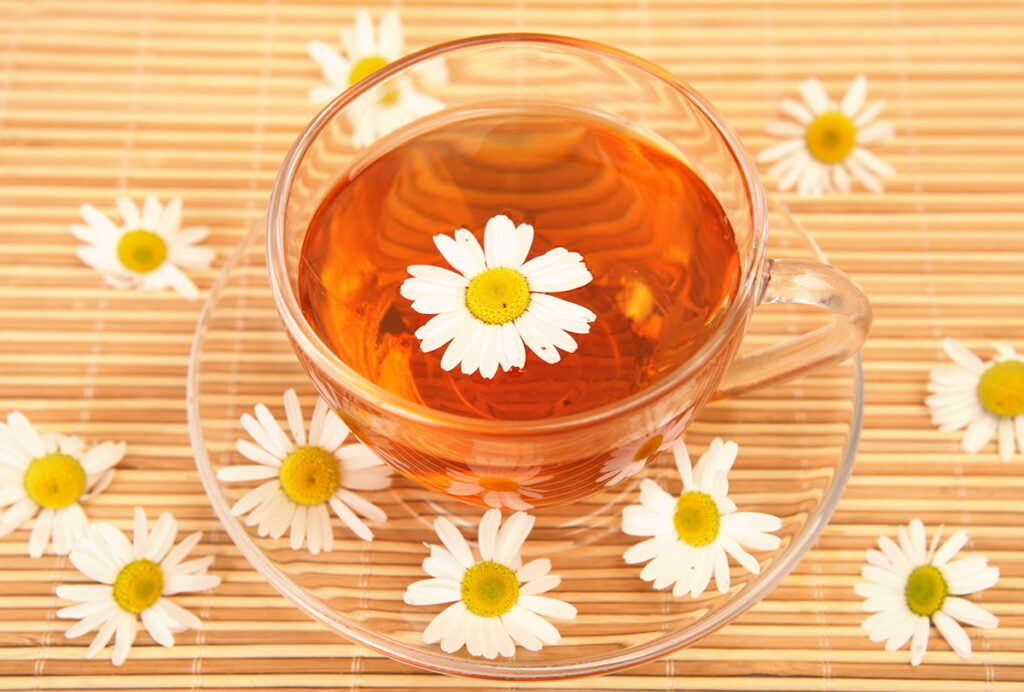
When brewing a cup of caffeine-free herbal tea after dinner, try chamomile—the ideal relaxing tea for restful sleep. It’s high in flavonoids, a type of natural plant chemical that contributes to the vibrant colors of fruits and vegetables while also promoting sleep. Clinical trials indicate that it acts as a central nervous system relaxant. Chamomile tea has long been used as a bedtime tea due to its caffeine-free nature and ability to induce sleep. It is also known to reduce stress and anxiety, which can help you sleep faster.
2. Valerian Root Tea
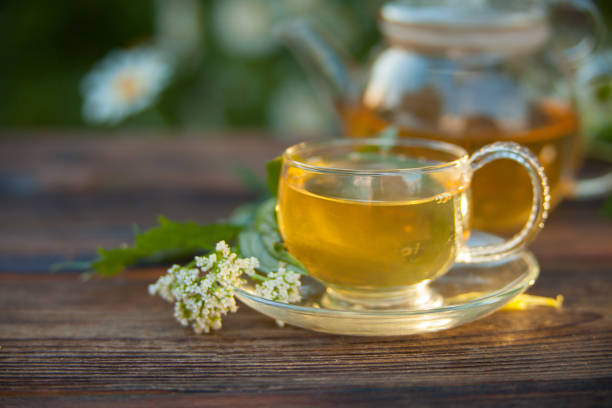
Since ancient Greek and Roman times, the herb Valeriana, also known as valerian, has been used to promote sleep. It is native to Europe and Asia. It collaborates with gamma-aminobutyric acid, or GABA, a naturally occurring amino acid produced in the brain that functions as an inhibitory neurotransmitter, blocking specific brain signals and reducing nervous system activity. The two have a calming, relaxing effect when combined.
3. Lemon Balm Tea
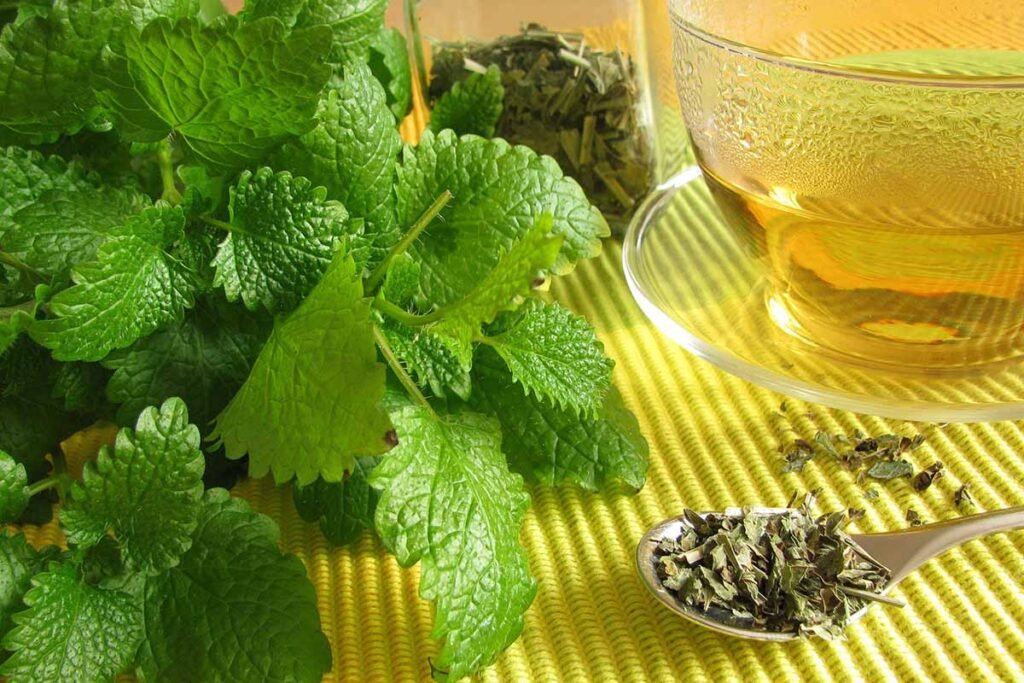
The mint family member lemon balm has a subtle citrus flavor. Patients with mild to moderate anxiety disorders and sleep problems have participated in studies on it. In a study where it was used as a standardized extract, lemon balm was found to have anxiety- and insomnia-reducing effects of 18% and 42%, respectively. GABA levels in the brain may control these advantages for mood and sleep, but more research is required to fully understand how they work.
4. Lavender Tea
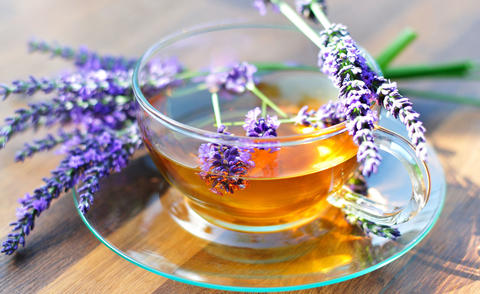
The purple buds of the flowering plant used to make lavender tea are prized for their meditative aromas. Both when it is consumed and when it is smelt, lavender is powerful. Before going to bed, lavender tea can help you relax and calm your body and mind. Eighty postpartum Taiwanese women participated in the study and consumed lavender tea daily for two weeks. According to the findings, the trial group was less fatigue and depressed than the control group. Although lavender has not been proven to affect the quality of sleep, it is believed to help with winding down, which helps with falling asleep.
Hope you are enjoying the list of Teas those are going to give you a good and tight sleep.
You can also check: Best Homemade Drinks for Weight Loss
5. Passionflower Tea
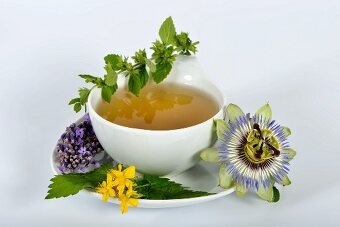
Passionflower, also known as maypop, wild apricot, and wild passion vine, is recognizable by its white and purple flowers. Passionflower, like chamomile, contains specific flavonoids that, like benzodiazepines, bind to receptors in the brain and may help lessen symptoms of anxiety. There is proof that a single cup of passionflower tea can improve your ability to sleep. It has been used for centuries as a traditional herbal sedative and sleeps aid. It is native to Central and South America as well as the southeast United States.
6. Peppermint Tea
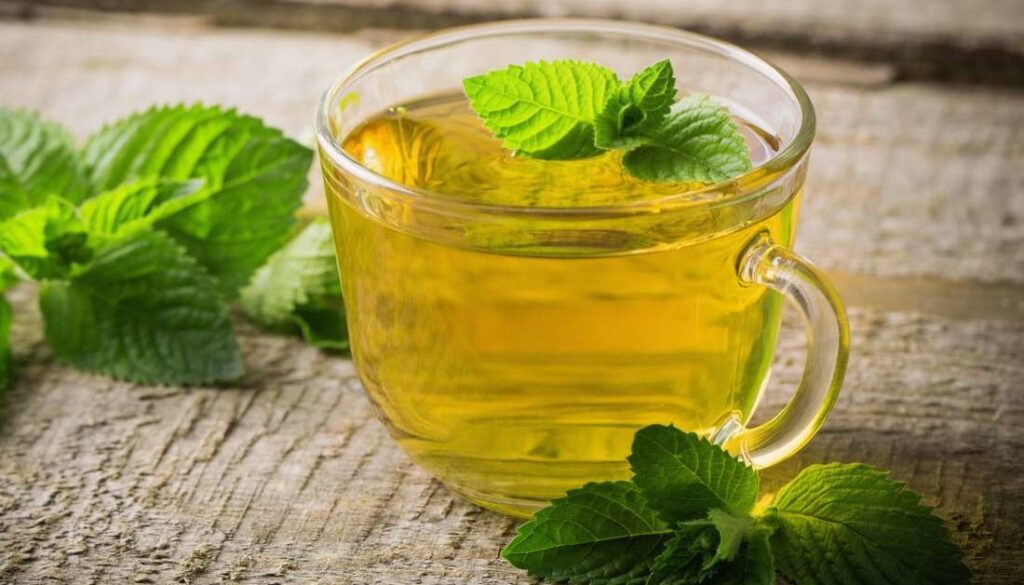
Peppermint tea is another excellent choice before bed. It is caffeine-free, can help you relax, and may even help you settle your stomach before bed. Peppermint, a cross between water mint and spearmint, may support healthy digestion, which in turn may indirectly support sleep, although it’s still unclear whether it directly affects sleep quality and quantity. In conjunction with spearmint and tarragon, peppermint is frequently found in tea blends.
7. Green tea
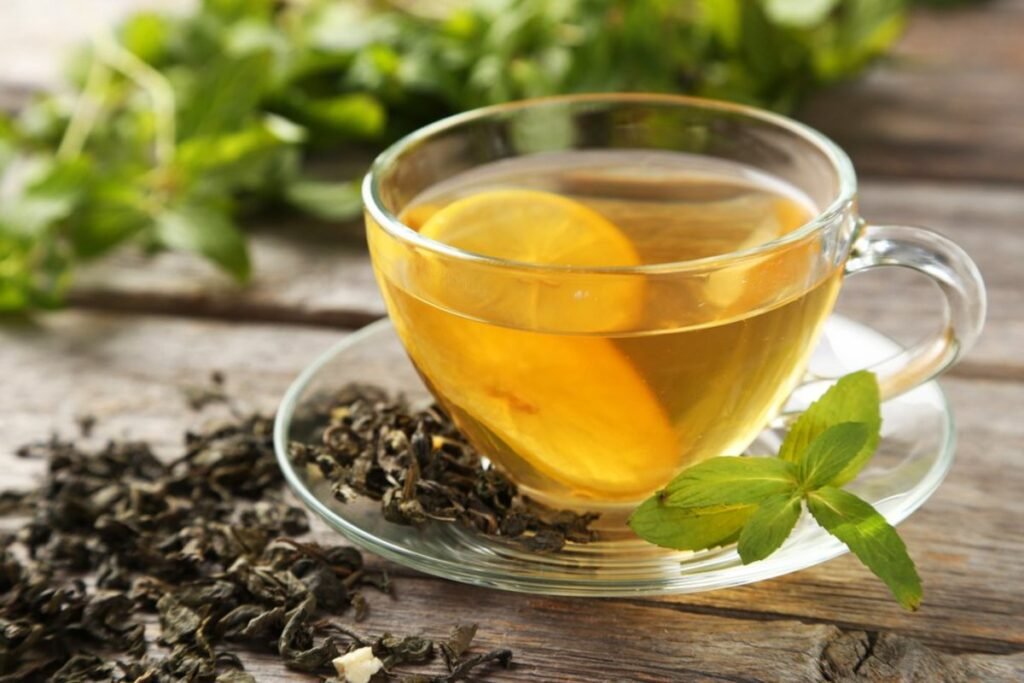
Although green tea contains caffeine, it can help you sleep. It contains L-theanine, which can help you feel relaxed and calm before going to bed. If you are caffeine sensitive, try a decaffeinated version. You may be wondering why green tea, which contains caffeine, is on our list. But please bear with us. A recent study looked at how low-caffeine green tea affected stress and sleep in the elderly. For one week, the participants drank five cups of standard green tea per day, followed by two weeks of low-caffeine green tea. As expected, participants’ stress levels were significantly lower when they drank low-caffeine tea instead of regular caffeinated tea.
Always remember to avoid caffeinated teas like black tea or white tea before bed because these may keep you up or disturb your natural sleep patterns. I hope you find the above article 7 Best Teas to Help You Get Good Sleep helpful.
If I have missed out on some details then do mention them below in the comment box so that I can add them to my next blog.